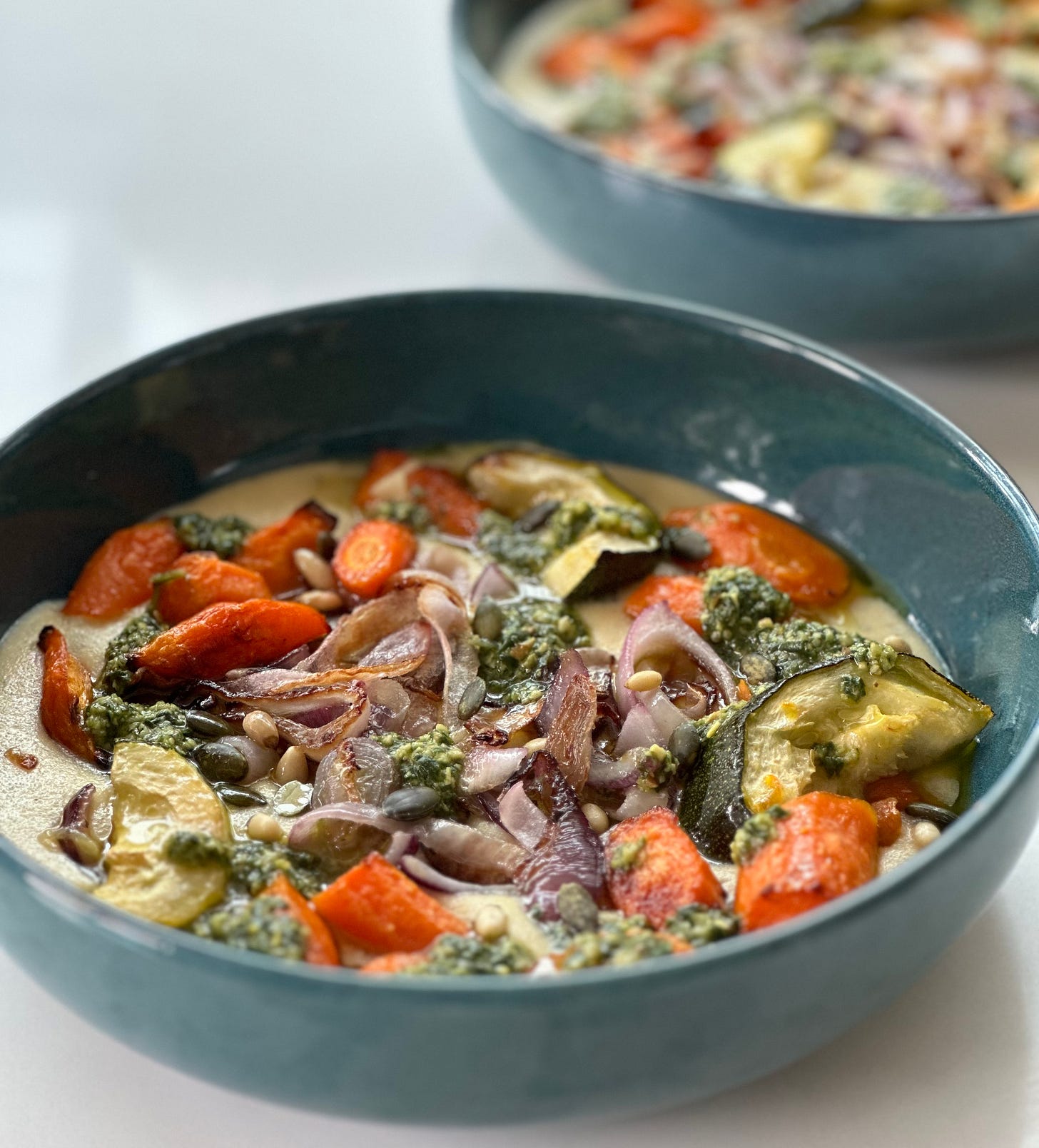If you’re enjoying this post please click the heart at the top/bottom as it really helps others see my posts.
Having people round for food or being invited to dinner can be tricky if multiple food intolerances are involved.
As a guest, I’ve often debated whether to share my full list of food intolerances with the host. Sometimes I’ll only mention the ones that make me feel the worst if I eat them, or I’ll offer to bring my own food. My main thought is that I don’t want to be difficult.
On the flip side, as a host, I want my guests to enjoy themselves—and hopefully, the food too. If someone doesn’t tell me their dietary needs, it doesn’t help either of us.
When guests do share their intolerances our go-to recipes sometimes don’t work. Add to that the stress of possibly including something that upsets someone’s stomach, and it can feel overwhelming.
Can you see the pattern? It’s tricky.
But I’ve found that asking these three questions can make things easier for everyone.
As a host, the first gentle question I ask my guest is: “Is there anything you can’t eat or would prefer not to eat?”
Then I listen. If the person seems hesitant, I gently let them know I’d rather make food they can eat, and I don’t mind how many things are on their list—whether it’s a sesame intolerance or just a dislike of mushrooms.
The second question is about the severity of their intolerance. “Is it an intolerance or an allergy?* ” For example, are trace amounts of gluten in a stock cube okay, or do I need to use a gluten-free alternative? If I need substitutes, I ask them for recommendations—they’ve lived with this and likely know the best options. This helps everyone feel more comfortable.
I can now tolerate small amounts of gluten or soy, like in oats or soy sauce, which may cause mild bloating. But if there’s even a tiny amount of dairy, I feel awful. Understanding the severity makes a difference.
My favourite question to ask is this one.
“What do you love to eat?”
Guests sometimes struggle to answer this. They often focus on what they can’t eat, rather than what they enjoy, or they may feel they’ve already asked too much by sharing their list.
But this question is magical because it’s full of possibilities. As a guest, it helps me reframe my thoughts and focus on what opens me up and brings me joy. As a host, it gives me more information to create a dish I know my guests will enjoy.
And isn’t that what having people around is about?
After asking these three questions, I usually share what I’m thinking of making to ensure it fits their needs. Your guests are the experts on their dietary requirements and can guide you if there’s something that doesn’t work or if you’ve missed an important detail.
By the time your guests arrive, you’ll know you’ve taken care of their needs, allowing everyone to relax and enjoy the food.
Let me know what questions you ask about intolerances/preferences that work for you by clicking on the speech bubble.
Note: If your guests have an allergy, that’s a separate issue as some can be very serious. I’ll cover this in a future post.







This is a really good idea - actually nobody is a difficult person if they tell you in advance or when they arrive and just eat bits they can . The difficult ones might text you , say, three hours later before, do it looks uncaring if you don’t do a different thing but you have to hurry round and do it
I’m always that ‘difficult’ person at dinner parties, tbh I go with whatever anyone serves now, eat the bits I can or just deal with repercussions, life became too oscillating - and embarrassing! I love how you ask these questions, as important when hosting as the food you serve!